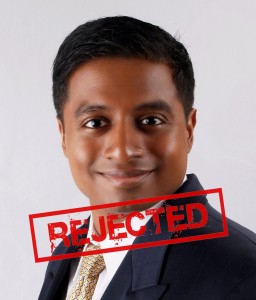
Almost Black, the forthcoming story and book by “Jojo,” err, Vijay, an “Indian American who got into medical school pretending to be an African American” has the internet abuzz and many in a rage. After shaving his head and trimming his “long Indian eyelashes,” 17 years ago Vijay Chokal-Ingam, the “Indian-American frat boy” with a 3.1 GPA, transmuted into “Jojo,” the African American affirmative action (which he refers to as state sponsored racism) applicant to medical school.
“Why now?,” many have asked, to this Vijay responds that “…he’s revealing his race ruse now because he heard that UCLA is considering strengthening its affirmative-action admissions policies,” arguing that, “…it’s a myth that affirmative action benefits the underprivileged.” Also, and perhaps most pressing, he has begun promotion for a memoir he is working on, Almost Black, which chronicles his “social experiment.” To add humor to the explicitly politically problematic, Vijay pats himself on his own back by affirming the public benefit of him not becoming a doctor. Continue reading “Almost Black?”
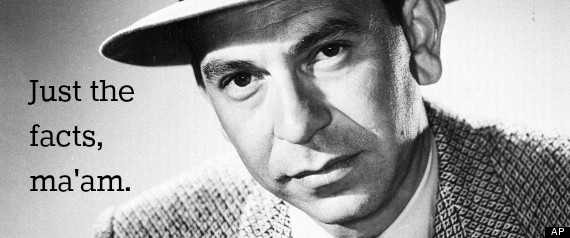

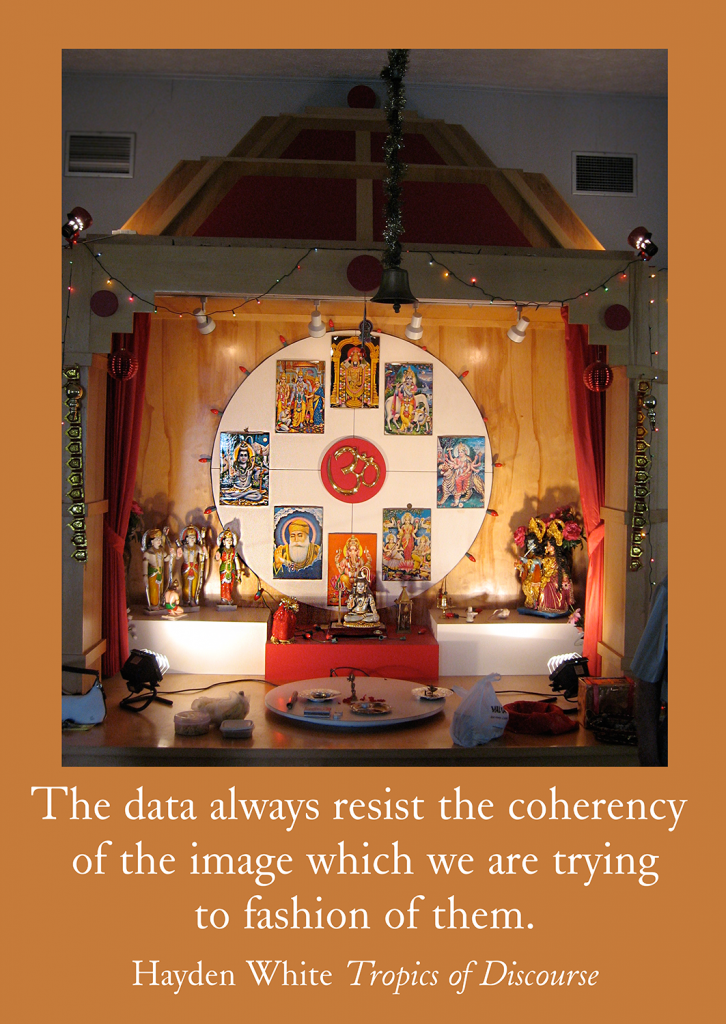
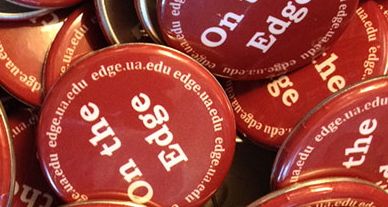 The Culture on the Edge collective frequently addresses the relevance of various questions about origins, identifications, and discourse that reflect issues in Religious Studies, but we apply those questions to aspects of society not typically identified as religious. These ideas are a part of a Culture on the Edge panel at the Southeast Regional AAR/SECSOR meeting this coming weekend in Atlanta. Vaia Touna and Steven Ramey will participate in a panel on Saturday March 5 entitled “Culture on the Edge Grounded and Applied: The Wider Relevance of the Study of Religion”. If you are planning to attend the conference or happen to be close enough to show up on Saturday, we would love to chat with you and hear your thoughts on applying issues in Religious Studies more broadly.
The Culture on the Edge collective frequently addresses the relevance of various questions about origins, identifications, and discourse that reflect issues in Religious Studies, but we apply those questions to aspects of society not typically identified as religious. These ideas are a part of a Culture on the Edge panel at the Southeast Regional AAR/SECSOR meeting this coming weekend in Atlanta. Vaia Touna and Steven Ramey will participate in a panel on Saturday March 5 entitled “Culture on the Edge Grounded and Applied: The Wider Relevance of the Study of Religion”. If you are planning to attend the conference or happen to be close enough to show up on Saturday, we would love to chat with you and hear your thoughts on applying issues in Religious Studies more broadly. 

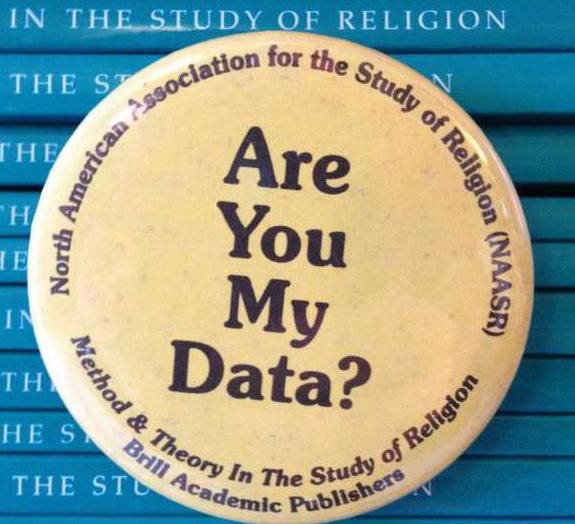
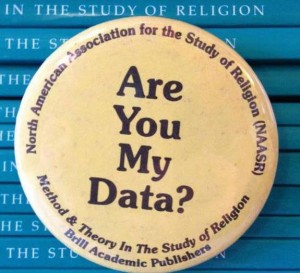
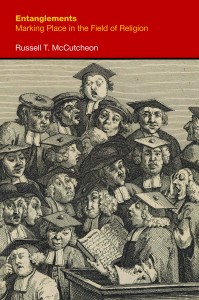
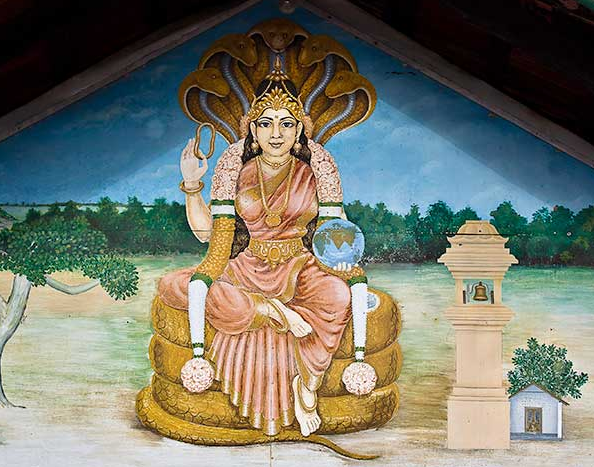 Yesterday, in
Yesterday, in  It’s merely unlimited, undifferentiated
It’s merely unlimited, undifferentiated 
